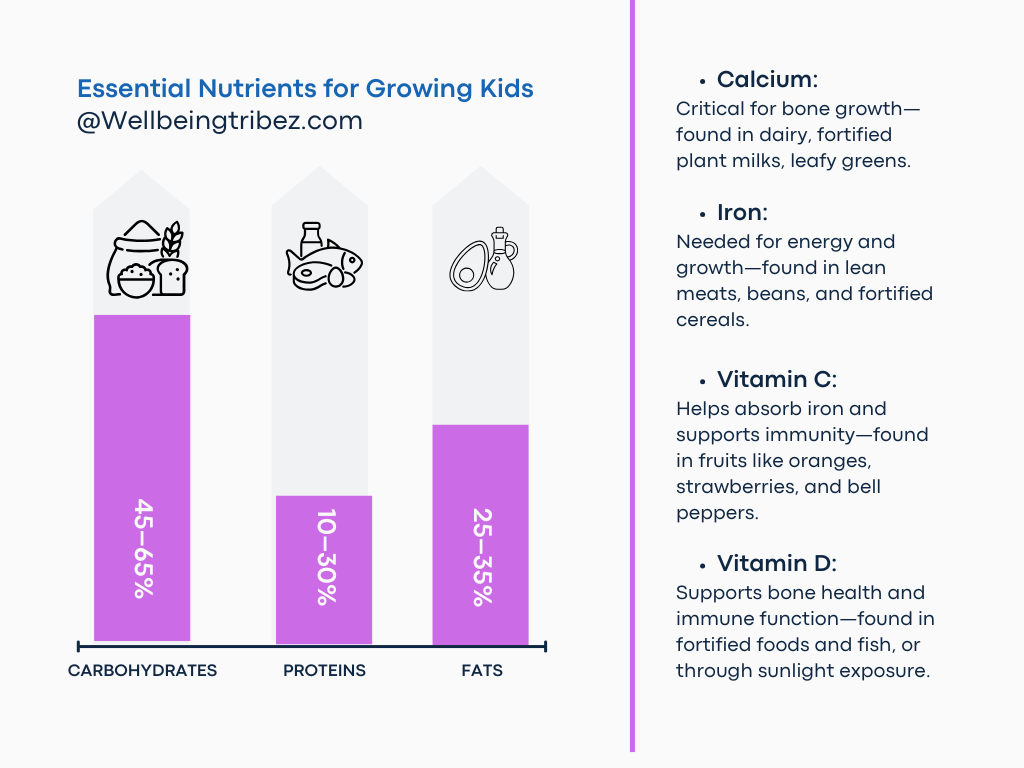Table of Contents
Nutrition and hydration are the cornerstones of your child’s health and development. From boosting energy levels to improving concentration, meeting their nutritional needs ensures your little one can thrive physically and mentally. Yet, for many parents, understanding how to instil these habits can be challenging.
This guide is designed to provide you with practical, expert-backed strategies to support your child’s well-being. You’ll learn about the importance of nutrition and hydration, how to build strong habits, recognise warning signs, and when to seek professional advice. Read on to uncover the tools you need to promote a healthy lifestyle for your child.
Why Is Adequate Nutrition and Hydration Important?
Establishing good nutrition and hydration habits early sets children up for long-term success. Here’s why these two factors are vital.
Building Strong Foundations for Long-Term Health
Nutrition and hydration are essential for proper growth, brain development, and immune function. A balanced diet rich in fruits, vegetables, whole grains, and proteins provides the body with more nutrition, enabling it to grow and repair itself. Hydration, especially through water, supports digestion, regulates body temperature, and keeps your child energised throughout the day.
Preventing Childhood Illnesses and Deficiencies
A well-rounded diet prevents deficiencies that could lead to chronic conditions. For example, inadequate calcium intake can result in weak bones, while low iron levels may cause fatigue. Providing well-being health foods packed with essential vitamins and minerals keeps your child resilient against illnesses.
Children’s daily caloric needs vary based on age, sex, and activity level. For instance, children aged 2 to 3 years require approximately 1,000 to 1,400 calories per day, with requirements increasing as they grow older. (NCBI)

Promoting Adequate Nutrition and Hydration
Adopting healthy eating and drinking habits doesn’t have to be overwhelming. Start with these simple steps.
Balanced Meals with Whole Foods and Healthy Snacks
Offer meals that include a variety of whole foods. Aim to incorporate the following on their plates daily:
- Proteins like eggs, beans, or lean meats.
- Fruits and vegetables for vitamins and antioxidants.
- Healthy fats, such as avocado and nuts, for brain development.
- Whole grains for sustained energy.
Healthy snacks – such as sliced apples with peanut butter or yoghurt with berries – can provide additional nutritional value while keeping hunger at bay between meals.
Making Water the Go-To Beverage Choice
Encourage your child to drink water regularly. Not only does water keep them hydrated, but it also prevents the overconsumption of sugary beverages that contribute to weight gain and tooth decay. Add slices of fruit or a splash of citrus for a natural flavour boost if plain water isn’t appealing to them.
Read more: Elevate Your Thoughts and Life: Essential Steps for Better Living
Adequate hydration is crucial for children. The daily fluid intake recommendations are:
Ages 1-3 years: about 4 cups (32 ounces) per day
Ages 4-8 years: about 5 cups (40 ounces) per day
Older children: 7-8 cups (56-64 ounces) per day (healthychilren)
Why Do We Need a Food and Nutrition Plan?
Good habits form easier when there’s a consistent plan. Here’s how a nutritional program can help.
Establishing Healthy Eating Routines
A structured food plan creates predictable meal patterns, helping children understand when and what to eat. Preparing weekly menus in advance can also prevent last-minute reliance on junk food.
Encouraging Consistent Hydration Habits
Alongside meal planning, establish routines for drinking water. For example, encourage your child to drink a glass at every meal and keep a reusable water bottle nearby during school hours or playtime. These small habits go a long way in fostering lifelong hydration practices.
Recognising Signs of Poor Nutrition and Hydration
Paying attention to your child’s signals can help identify potential issues before they escalate.
What Are the Signs of Poor Nutrition and Hydration?
Signs of poor nutrition include persistent fatigue, slow growth, irritability, frequent illnesses, or cracked lips—a classic indicator of dehydration. You may also notice a lack of interest in physical activity or trouble concentrating.
Identifying Early Indicators to Prevent Long-Term Issues
Early recognition is crucial. If your child consistently shows these warning signs, it might prevent more serious concerns like obesity, delayed development, or chronic dehydration in the future.
Read more: The Importance of and access to Early Childhood Services
Vitamins and minerals are essential for various aspects of child development, including bone health and brain growth. (Mayoclinic)
The Role of a Nutritionist in Children’s Health
Parents don’t need to tackle these challenges alone. A nutritionist can be a valuable ally in promoting well-being.
Tailored Advice for Individual Dietary Needs
Every child is unique, and what works for one may not work for another. Nutritionists provide customised advice based on factors like age, health conditions, and activity levels, ensuring your child gets the right balance of nutrients.
Educating Parents and Caregivers on Best Practices
Through consultation, a nutritionist can guide you on practical tips, from reading food labels to creative ways of sneaking vegetables into fussy eaters’ meals. Their expertise empowers parents to make informed choices.
Read more: Memory Book Ideas: How to Capture Cherished Memories
Common indicators of dehydration include dry lips, infrequent urination, dizziness, and fatigue. (verywell)
Implementing a Nutritional Program for Kids
Community and school-led programs play a crucial role in fostering healthy habits.
Community Initiatives and School-Based Nutrition Efforts
Enrolling children in programs that teach the importance of nutrition provides hands-on experience. Look for classes or workshops focused on preparing well-being health foods and learning about diverse cuisines. Many schools also incorporate gardens or cooking sessions into the curriculum to encourage healthier eating habits.
Encouraging Collaboration Between Parents, Educators, and Professionals
A combined effort between parents, teachers, and health professionals creates an environment where children can adopt good practices naturally. Joining wellness initiatives or forums allows you to share strategies and learn from others navigating similar challenges.
Conclusion: Small Steps to Big Changes
Supporting your child’s nutrition and hydration doesn’t require drastic changes—starting small can make a big difference. Focus on providing balanced meals, prioritising water, and maintaining consistent routines.
Remember, your child learns from what they see, so be the role model who enjoys healthy foods and values proper hydration. Small adjustments today will lead to lifelong healthy habits.
If you need extra support, explore resources and community programs on Wellbeing Tribez. Together, we can raise a generation of healthy, happy kids.
GET IN TOUCH

